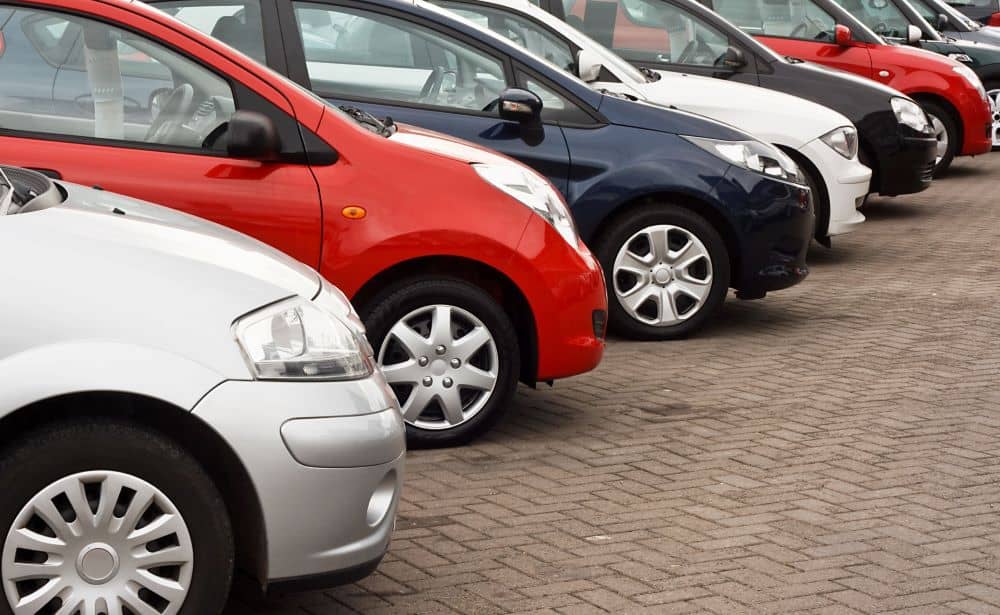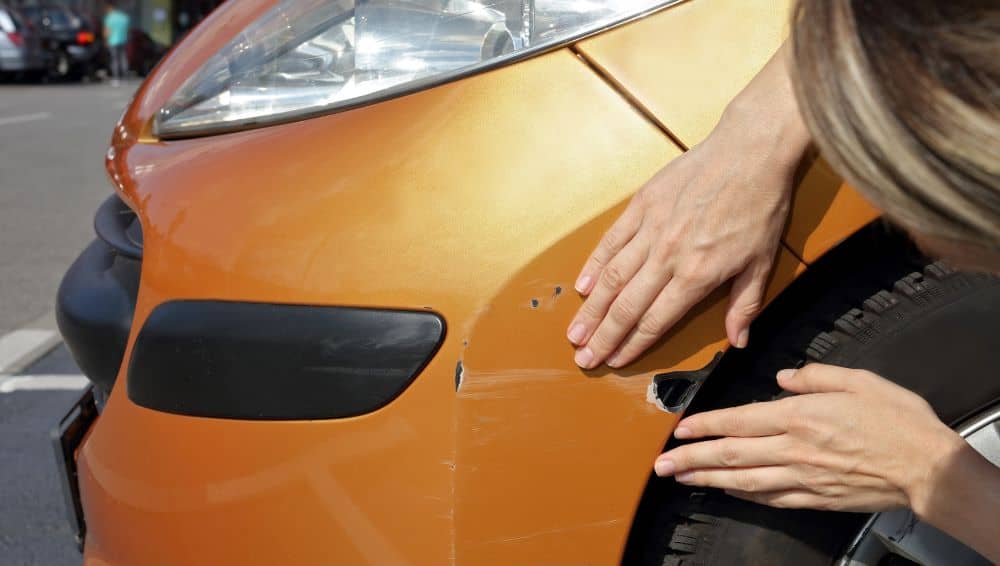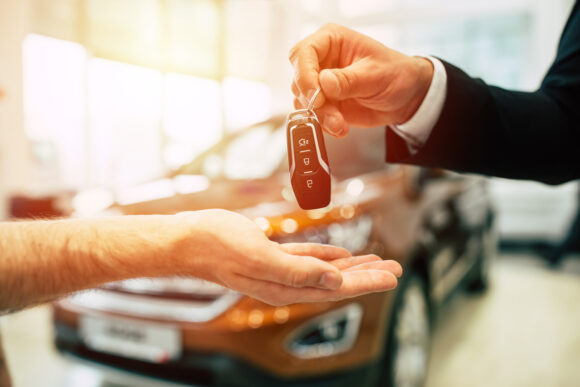Your car is one of the largest purchases you will make in your whole lifetime. Like any other asset, you should be asking, what’s my car worth? This is even more important today due to the volatility of car prices. One minute used vehicle prices are up; the next time you look, they are down.
If you’re in the market to sell your car, you will be happy to know that used values continue to soar. With low-interest rates, car buyers, as well as car rental companies, are incentivised to purchase second-hand vehicles. Because of the continuous high demand for used cars, it’s expected that prices will not go down until at least in mid-2022.
Knowing the value of your car is a smart move. You want to be aware of the current selling price of your vehicle, whether you’re planning to sell your car now or in the next few months. You can use this piece of information to evaluate an offer or even look for ways to improve its value. Some people may need this detail to value their total assets. This all applies to those who want to buy a used car, as well.
So, the big question. What’s my car worth? You will find a few of the best methods in determining your vehicle’s value below.
1. Check Similar Cars That are For Sale
One easy way of ascertaining the rough value of your car is to view similar vehicles that are currently up for sale. But don’t just Google and settle for the average price you see. You will discover that the prices differ depending on the area where the cars are being sold. So, if you are in Perth, check for second-hand vehicles in the city and avoid comparing them to Sydney or Melbourne prices.
From here, you can proceed to online trading websites and search for similar cars. Include your car’s make, model, and year to get more reliable results.
2. Check Your Own Car’s Condition
Another thing that you should remember when comparing the prices of similar cars is your own vehicle’s condition. This will tell you your vehicle’s selling points, which can significantly benefit you in figuring out a more accurate vehicle valuation. Take this opportunity to assess your car and generate an honest description of it. That way, potential buyers will know about the good and the bad, which can help avoid any issues along the way.
And the good news about this is that you don’t need to be an auto expert to complete a basic car assessment on your own. Since you have been using your car for quite some time, you already know if there are problems with the engine or other parts. This knowledge will help quicken the DIY evaluation process. Additionally, this experience can be useful when it’s time for you to purchase a used car in the future.
So, how do you perform a basic assessment? Here are some tips:
- Interior Check: Determine if the entertainment system is fully functional, as well as the air conditioner and heating systems. Test the windows, whether they close and open without stiffness. Don’t forget about the seats and floor, seatbelts, odometer, and warning lights.
- Exterior Check: Assess the wiper blades, lights, indicators, tyre, and spare tyre. Are there any nicks or chips on the windscreen or uneven gaps in the body? Do the doors close and lock properly?
- Under the Hood: Take a look under the bonnet of your car for any obvious issues, such as rust, leaks, or cracks. Check the oil and water levels, too and make sure to top them up if they’re running low. It’s a good idea to change your car’s oil if it has been a while since you have done so or if it looks off. This part of the assessment can be overwhelming for some car owners. If you’re among them, it’s better to have your car serviced, especially before the sale. Car services can perform a variety of tasks for you, including changing the oil and even identifying underlying issues with the vehicle.
- Extra Features: Does your car have aftermarket accessories or any modifications? Non-standard features like automatic headlights or reversing cameras add to the value of your vehicle. However, not all additions can benefit you as the seller. For example, super-sized wheels will have little to no impact on the price and may even cause certain buyers to turn away from your vehicle.
Take note of everything you see when examining the car, so you can fully disclose your car’s condition to the buyers.
3. Know What Affects Vehicle Value
If you use online sources to determine the value of your car, you will find out that certain factors directly affect the vehicle’s final price. These include:
- Mileage: It’s common knowledge that higher mileage or kilometres mean more wear and tear. Expect that the buyer knows this fact, and therefore will not be inclined to pay top dollar for a car that has driven more than 300,000km but may be interested in doing so for one with less than 50,000km.
- Condition: Compared to mileage, the car’s condition is more subjective. This means that you may think your car is in excellent condition because it’s accident-free and has no paint scratches or surface rust. However, buyers may find the same car as average. Despite the bias, the condition is as critical as mileage. Refer to the previous section on determining the car’s value based on its condition. Also, check the service history, which will show whether the vehicle was properly cared for or not.
- Location: We mentioned that location plays a part, and it is usually based on the vehicle in question. For example, mid-priced sedans are quite popular all over the country, so it would be easier to sell them. However, if you have a more specialised vehicle, it may fare better in specific areas.
- Colour: Yes, the exterior colour impacts pricing. It doesn’t have a huge influence but should be noted, as well. Standard colours like metallic greys, silvers, blacks, and blues will sell faster. On the other hand, it may take some time to find an interested buyer if you have adventurous colours, such as orange, purple, or brown.
- Personalisation: Add-ons and aftermarket options can be a hit or miss. They don’t add value and may even lower the final price of the car.
Out of all the factors mentioned above, you want to focus on mileage and condition to get the best price possible.
4. Hire a Professional Car Valuer
The quickest way to know how much your car is worth is to have it professionally valued. This is useful if you’re short on time, or perhaps you simply don’t want to be bothered by DIY car assessments. The valuer can provide you with a price guide, which you can use in working out your car’s listing price.
Still questioning, what’s my car worth? Do you want an instant offer? Get it from us! We have the best prices on used cars for sale in WA. Just submit your vehicle details using our online form today.





Share
Facebook
Twitter
LinkedIn
Telegram
Tumblr
WhatsApp
VK
Mail